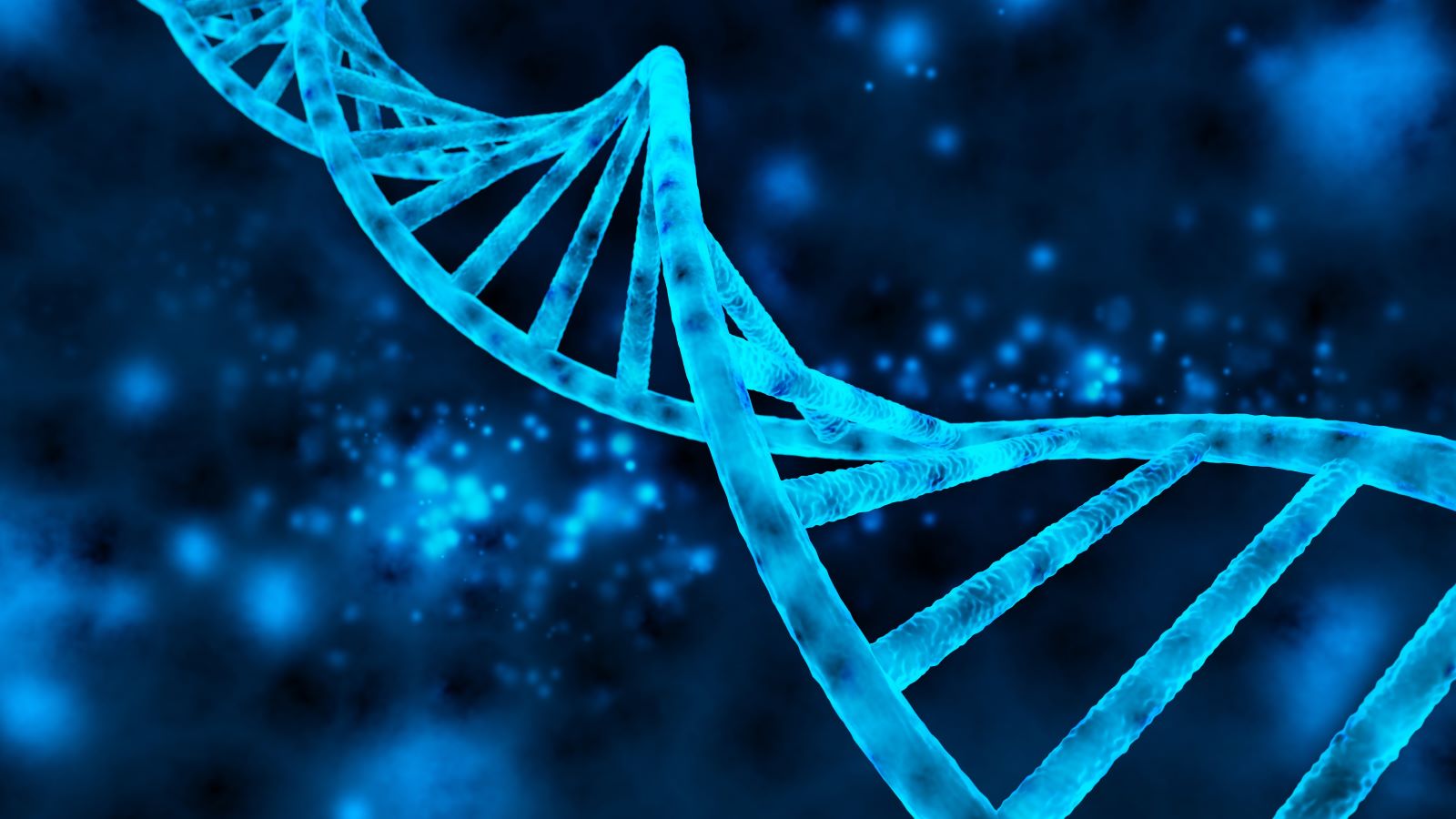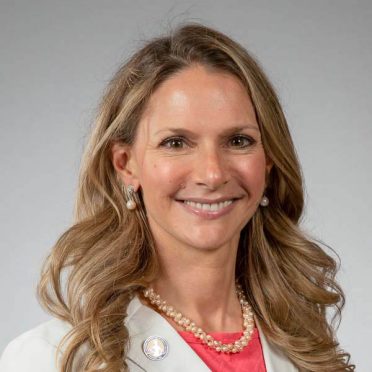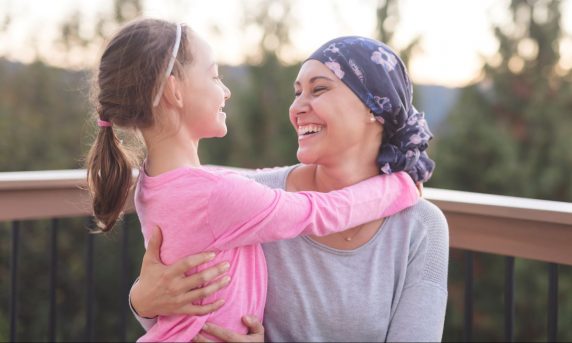If you’re a woman with a family history of breast cancer, you may have heard about the BRCA gene. But do you know how it can impact your health?
We turned to Niamey Wilson, MD, the associate director of the breast program at Hartford HealthCare Cancer Institute and breast surgery division leader at Hartford HealthCare Medical Group, for answers.
Dr. Wilson shares what you need to know about the BRCA gene and how it can empower your health decisions.
What are the BRCA genes and how can they mutate?
The “breast cancer gene,” commonly known as BRCA, includes two genes: BRCA1 and BRCA2. Everyone has them.
“Both genes produce proteins that repair damaged DNA, crucial for maintaining genetic stability in cells,” explains Dr. Wilson. “As tumor suppressor genes, they help prevent cells from growing too rapidly or uncontrollably.”
But problems happen when these genes mutate. BRCA mutations are genetic abnormalities on specific chromosomes. BRCA1 mutations are found on chromosome 17, and BRCA2 mutations are on chromosome 13.
“If these genes can’t repair DNA damage effectively, it can lead to unstable proteins and further genetic damage,” says Dr. Wilson. “This can also impact genes that control cell growth and division.”
> Related: Should I Consider Genetic Testing for Cancer?
How do BRCA gene mutations increase cancer risk?
BRCA gene mutations are relatively uncommon in the general population, estimated to occur in about 1 in 450 people.
“However, doctors estimate that 2-10% of all newly diagnosed breast cancer patients have a mutation, which is more often found in those diagnosed before age 40,” says Dr. Wilson.
While the cancer risks vary somewhat between BRCA1 and BRCA2, the most common cancers are breast and ovarian cancer. Other less common cancers include:
- Pancreatic cancer
- Melanoma
- Prostate cancer and male breast cancer
- Gastric cancer
- Bile duct cancer
- Fallopian tube cancer
- Primary peritoneal cancer
“Gene mutations don’t always lead to cancer,” adds Dr. Wilson. “But they significantly increase the risk of having cancer in that person’s lifetime.”
Do you need genetic testing?
While this conversation should start with your doctor, Dr. Wilson offers guidance to help you decide.
“These are inherited mutations with a 50-50 chance of being passed on to the child of a patient with a BRCA mutation,” she explains. “The only way to know for sure is through genetic testing.”
Talk to your doctor about genetic testing if you have any of the following risk factors:
- Your family has a known history of BRCA mutations. Testing is recommended by age 25.
- Breast cancer is common in your family. If there isn’t a known mutation, consider getting tested 5-10 years before the earliest cancer diagnosis in your family.
- You were diagnosed with breast cancer before age 50.
- You or a family member has a history of ovarian cancer.
- You have Ashkenazi Jewish ancestry.
- There’s a combination of different cancers on the same side of your family.
“Speak to a genetic counselor before getting tested,” advises Dr. Wilson. “They can review your medical and family history, explain the potential risks and benefits of testing, help you make an informed decision and guide you through the process if testing is right for you.”
If tests show you have a BRCA mutation, here’s how to prepare.
While it can feel scary to hear you have a BRCA mutation, you can take steps to reduce your cancer risk.
Dr. Wilson shares strategies to discuss with your doctor:
- Enhanced surveillance: Get annual MRIs and mammograms for breast cancer and transvaginal ultrasounds with bloodwork for ovarian cancer.
- Consider prophylactic surgery: Some women choose preventive surgeries like a double mastectomy and the removal of their ovaries and fallopian tubes.
- Medications: Drugs like Tamoxifen can lower the risk of certain types of breast cancer.
- Healthy lifestyle: Stay active and maintain a healthy weight to help reduce cancer risk.
“BRCA gene mutations significantly increase cancer risk, and knowledge is power,” says Dr. Wilson. “Talking to your provider is the first step to understanding how to lower your risk.”



